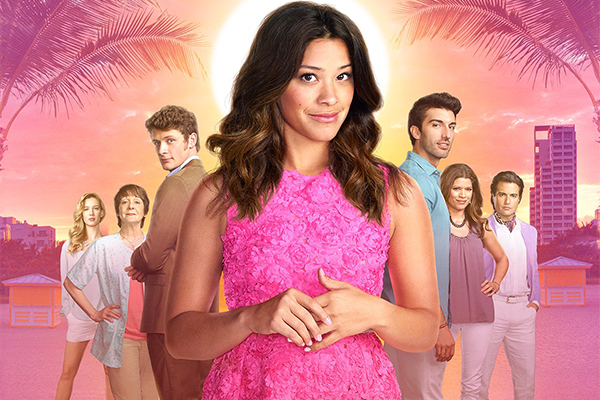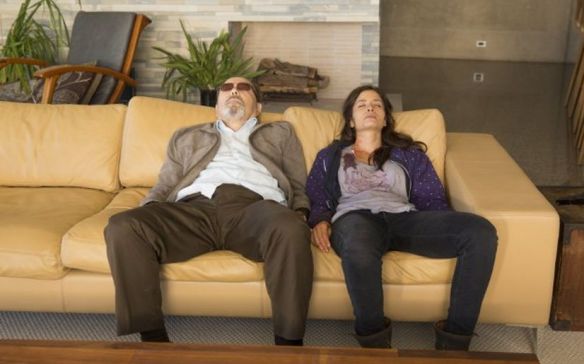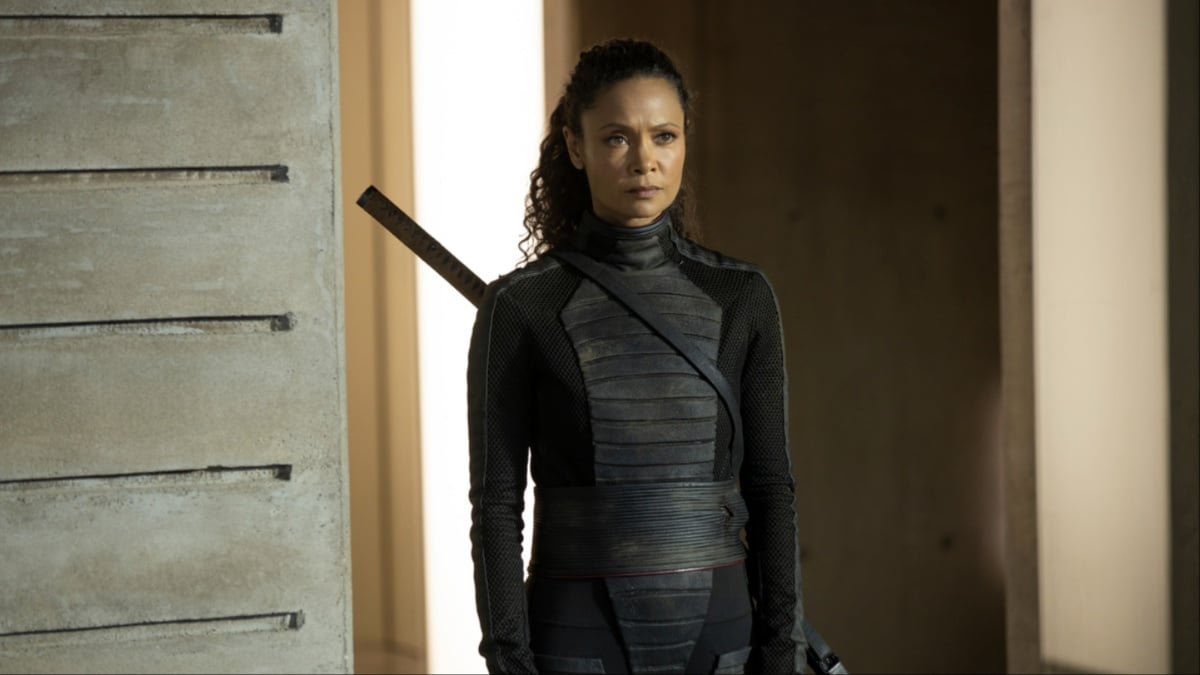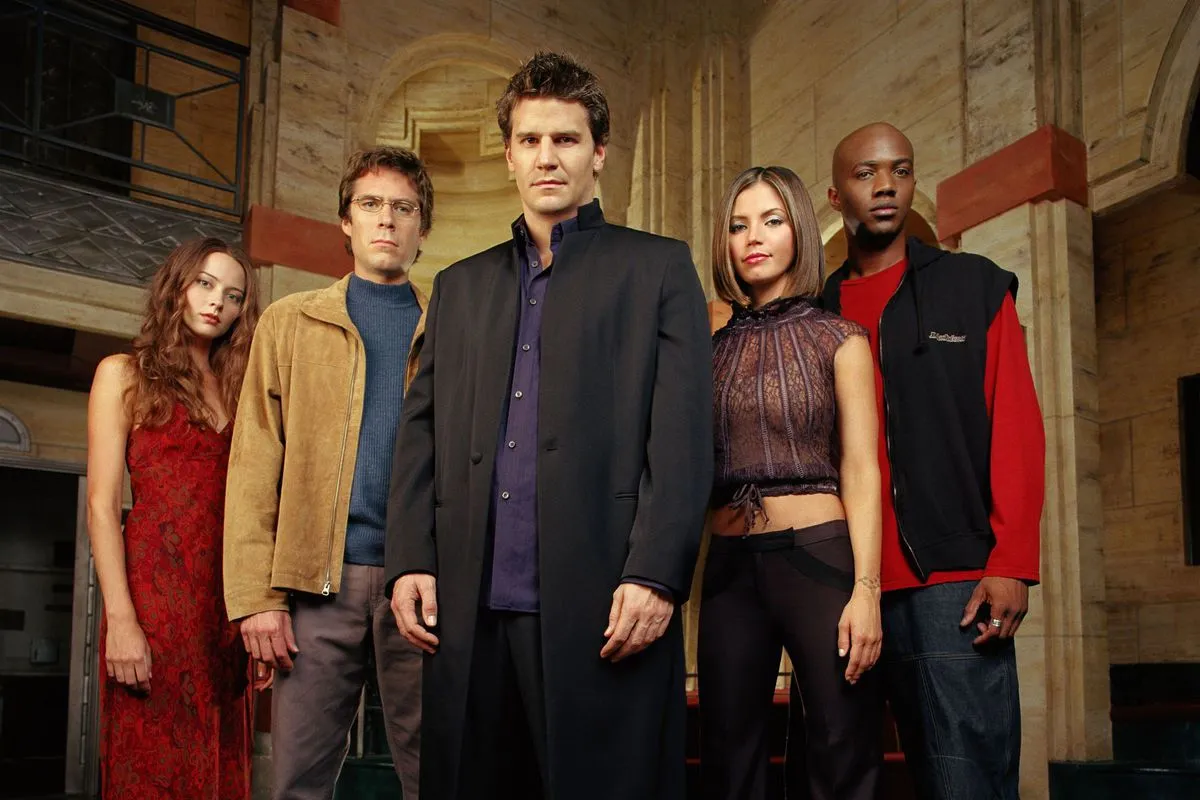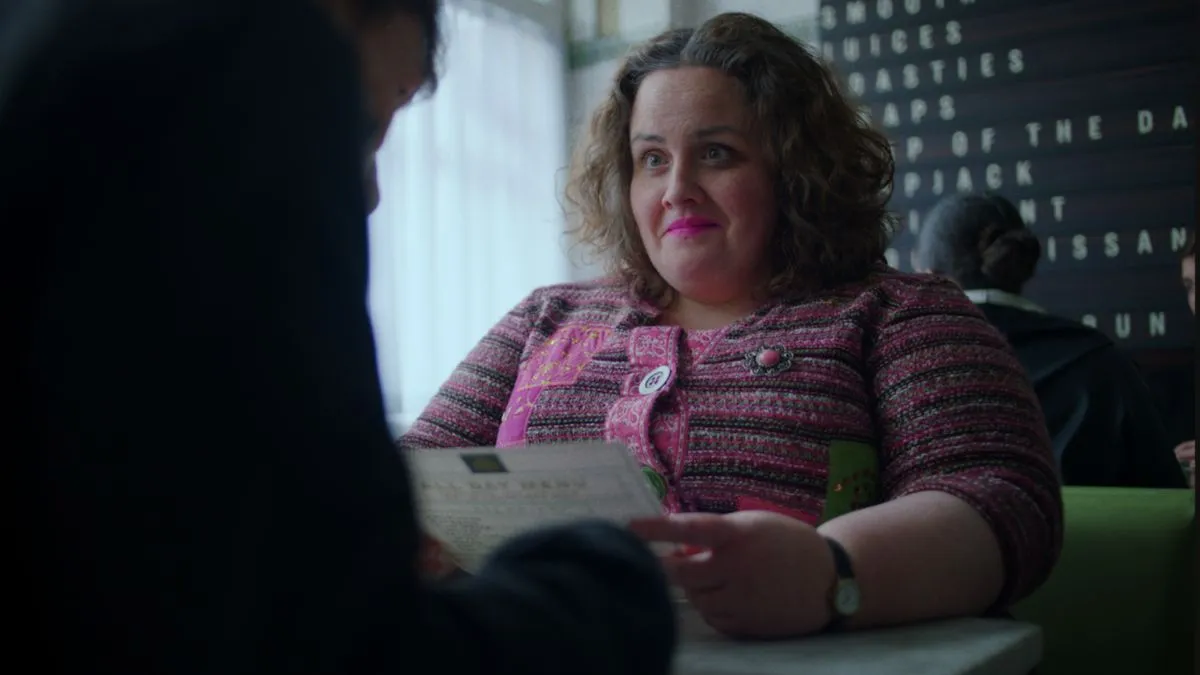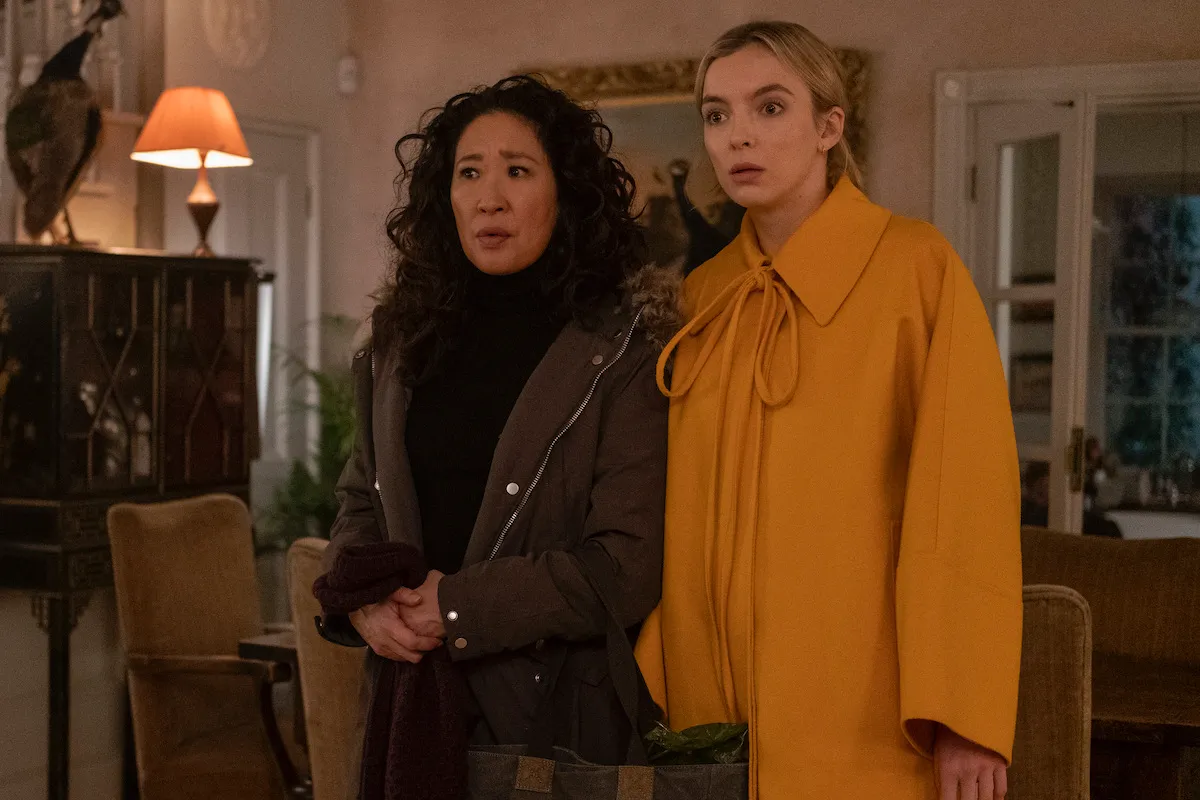I’m Puerto Rican. I’m Nuyorican. I’m American. I’m Latina. All of those words mean different things to different people, and all of those words have, at various points in my life, confused the hell out of me. All of those words are true.
When I was in elementary school (shout-out to P.S. 19 in Queens, NY!), we had a “Multicultural Day” assembly where all the kids in my grade had to do a presentation about where they came from. Queens is the most diverse borough in New York City, so you can imagine that a crapton of countries were represented. Most of them at my school were South American or Caribbean countries, but there were also a bunch of kids from India, Pakistan, China, Korea, Ghana, Egypt… you get the idea. And there I was, in a long, colorful dress and a straw hat I borrowed from my mom, talking about Puerto Rico, trying to explain the concept of a commonwealth to my peers.
So, you use dollars?
Yeah.
So, it’s America.
Sort of. It’s a commonwealth.
So, it’s another country?
No…it’s part of the United States. But we can’t vote for President. But we can be in the army and in the Olympics.
So, they speak English there?
Yeah. Mostly Spanish, but English, too.
So…it’s like Queens then?
*sigh* Yes? With more pasteles and tostones?
So, what are you?
*sigh*
Third grade me would’ve loved it if things were a little more clear-cut than that.
As I got older, I got fewer questions from non-Latinx folks. Instead, I was increasingly questioned by my own community. I moved to the suburbs with my family at 10, and suddenly found myself living in a house, with grass and everything. Whenever I’d visit Latinx friends in the city, there were constant comments about how I sounded like “a white girl.” Or acted like “a white girl.” Never mind that my mother and my sister both actually have white skin (my brother and I inherited my father’s darker coloring), as do many Puerto Ricans. But that’s not what they meant when they said that.
At 12, I was in the locker room after gym class when two Puerto Rican girls in my grade, Mayra and Bridget, came up to me out of the blue and asked a question I’d heard too often in my only-slightly-over-a-decade on the planet. “What are you?” I knew what they were asking, but at that age I was willing to be a little more challenging. “I’m a New Yorker,” I replied. Mayra said, “No! You know what I mean. Like, what’s your background?” I sighed, and answered. Puerto Rican. Then they voiced the thing that would continue to plague, embarrass, and confuse me for years afterward. “You don’t act Puerto Rican.” Then, they just walked away, having finally gotten to the only thing they wanted to say to me. They’d never really talked to me before, and they never really talked to me afterwards, but they were so bothered by my not acting Puerto Rican enough that they talked to me that day, just to get it off their chests.
More recently, in the mid-2000s, I took a trip to Puerto Rico with a friend. In a cab ride on the way to the Bacardi factory (free rum at the end of the tour!), the driver asked me the same question in Spanish, “Que eres?” “Soy Boricua!” I replied. And thinking back on my childhood speaking Spanish at home, watching telenovelas with my mother, eating rice and beans on the regular, and learning to hate pasteles, I meant it. But to this rando cab driver, none of that mattered. “Where are you from?” he asked in Spanish. “New York,” I told him. Then he said, You’re ‘Nuyorican.’ That doesn’t count. He said the word “Nuyorican,” a word that had always filled me with pride before, with such a scoff in his voice that I immediately became embarrassed and shut down.
This doesn’t mean that non-Latinx didn’t give me cause for concern. My twelfth year on the planet was a rough one, apparently. The summer after the Bridget and Mayra story, I was spending a lot of time with my friend Christina, who is white.
Now, Christina was a bit of a weirdo, but weirdos are my favorite people. So, even though few people in our grade liked her, we were best friends and hung out together all the time. One night, I was having dinner at her house, where she lived with her single mom and her grandmother. Both of them loved that I was friends with Christina, because I was her Good Influence Friend. I was the good student. I was the one who respected her parents. I was the one who could follow rules reasonably well. They were hoping I’d rub off on her, I guess. Well, at this dinner, Christina’s grandmother, after saying something about “those fucking Puerto Ricans,” randomly started telling us the story of why she hates Puerto Ricans. Apparently she was robbed by two Puerto Rican men years earlier. They’d broken into her house while she was home and stolen everything, which is a horrible, traumatic experience, but even at twelve I didn’t know how that correlated to “those fucking Puerto Ricans.”
Christina immediately shushed her grandmother and said “Grandma! You know Teresa’s Puerto Rican, right?” From the look on her grandmother’s face, she either didn’t know, or did but had forgotten. Either way she said, “Oh! Well, Teresa’s one of the good ones.”
Cut to: later that summer as Christina and I were walking down one of the major streets in our Long Island town. A police officer walked up to us and showed us a photo taken from convenience store security camera footage. It was of a teenage girl holding up the register. The cop asked us if we knew this girl, and neither one of us had any idea who she was, and we said so. The cop thanked us and walked away.
Then Christina said, “He probably stopped us because of you.”
Now, Christina had shoplifted multiple times, and she was the kind of girl who’d get adults to buy her alcohol and cigarettes. At twelve going on thirteen. And yet here she was, someone who’d actually committed crimes, saying that I — her nerdy, Good Influence Friend — was the reason a cop stopped us. Because I’m Puerto Rican. I was so filled with rage and sadness that I couldn’t say anything. I simply turned and stormed away from her, not stopping or looking back until I was home. We weren’t friends after that.
I’m telling these stories not because I enjoy going on and on about myself (OK, I do, but that’s not the reason today), but because these are the types of stories about Latinx that we never see in film and television. And this is just from one sliver of Latinx experience. Let’s not forget that there are over 20 countries and US territories that make up Latin America, and though they are bound by language and similar histories of colonialism, they are all very different culturally. Which is why I’m always hesitant to describe anything as “Latin ______,” ie: The Latinx vote, or Latinx representation.
Those things don’t actually exist. For example, Puerto Rico (as a US commonwealth), Cuba (which has had a nearly 60-year embargo against it by the US), and Mexico (our closest neighbor, whose citizens, in their search for a better life are taken advantage of by companies and individuals wanting cheap labor only to be punished for it by shoddy government policies) all have very different concerns when it comes to “Immigration.” And yet, whenever things like “Immigration Reform” are discussed, it’s usually in relation to Mexico, and yet continually framed as “a Latinx issue.”
There’s no nuance in discussions like these, and that affects how Hollywood portrays Latinx, which in turn affects how non-Latinx see us.
In a wonderful article in the L.A. Times titled “In this town, it’s as if Hollywood tries not to cast Latinos,” Hector Becerra talks about the fact that Latinx actors don’t even get cast in the cliched roles that black and Asian actors get. Or, as he puts it:
In Hollywood, there is no Magical Latino.
That honey-tongued Mexican American dude who can help the white guy with his golf game while, more important, imparting life lessons before disappearing over the horizon? He doesn’t exist. That Salvadoran woman wisely guiding the “Chosen One” — another white guy — through an alternate-reality maze to his appointed destiny? You won’t find her.
A Latino playing God as he gives up control of planet Earth to help a funny white TV reporter having a bad day at the office? Get out of here.
Not that those parts aren’t in and of themselves stereotypical and often insulting, but that that’s how far down the food chain Latinx performers are. Despite being over 16% of the national population, we get fewer than 5% of the roles in film and television. Meanwhile, 73% of all speaking or named characters are white, more than 12% are black and 5% are Asian, which is closer to actual representation for those groups. So, why are Latinx roles and performers so far behind everyone else?
Well first, there’s the fact that if Latinx actors can’t even get the supporting roles (cliched though they might be), they can’t graduate to larger roles. Then there’s the perception that the only Latinx story worth telling is one of arrival. Latinx characters are rarely just American. There’s always some connection to elsewhere, which means that viewers and Hollywood studios never have the chance to see Latinx characters represented as “one of us.” They are always “alien,” or “other.”
Even shows with amazingly nuanced Latinx characters like Jane the Virgin or Fear the Walking Dead have a connection to elsewhere. On Jane the Virgin, Jane and her mom Xiomara living with her grandmother Alba provides some amazing stories about female relationships, but it also constantly reminds us that they’re half here, half elsewhere (in this case, Venezuela). Alba’s being here illegally was a constant threat for a full season, and in the current season, Alba getting her Green Card was a major plot point.
In season one of Fear the Walking Dead, Daniel and Ofelia are also wonderful, nuanced characters, but they are entirely defined by Daniel’s violent history as a Salvadorian refugee.
Is it any wonder that viewers lump all Latinx together and assume that all of them have the same story of “coming from South of the Border for a better life?”
Obviously stories like this deserve representation. They are true to the experiences of many Latinx viewers. However, they’re not the only stories. When we talk about Latinx representation in American film and television, we should extend the word “diversity” to apply to storytelling as well as to roles and cast. The reason why Latinx are the largest ethnic minority in the country is in large part because more Latinx are being born here. That means the ties to elsewhere might not be as strong as they once were. Who’s representing them?
Not only that, but when we talk about Latinx Representation we should ask ourselves, which Latinx? It’s interesting that, despite Jane the Virgin being about a Venezuelan family (played entirely by Puerto Rican actresses) and the Salazars on Fear the Walking Dead being Salvadorian (played by a Panamanian actor and a Swedish actress!), both stories are similar in that they are generically about “immigration.” But there’s nothing to make them specifically Venezuelan or specifically Salvadorian. Because to Hollywood, and to the average viewer, there’s no difference. Latinx are simply generic, interchangeable brownish people from that ever-nebulous part of the world that’s “South of the Border.” And don’t they all pretty much have the same story? Don’t they?
On a personal note, I’m bummed by the fact that, while I see plenty of Puerto Rican actors working, they’re rarely playing Puerto Rican roles. As I mentioned with regard to Jane the Virgin, all three of the Villanueva women are played by Puerto Ricans. Now, Jane the Virgin is based on a Venezuelan telenovela, so it makes sense that the family would remain Venezuelan in the adaptation. What I want to know is, where’s the show about the Puerto Rican family? Yeah, it’d be more difficult to tell the same tired story of immigration and otherness that Hollywood is used to telling, but wouldn’t that be interesting?
Wouldn’t a show about a family separated by the embargo against Cuba be interesting? And where are the stories about being too Latinx for white people, and too white for Latinx?
Let’s talk, too, about how diverse Latinx are. Gina Torres, Alexis Bledel, and America Ferrera are all Latinas, yet only Ferrera gets regularly cast to actually play Latinas. Both Torres and Bledel have addressed in interviews how difficult it is to be an “invisible Latina” in Hollywood. To want to play Latina roles, but never have them offered to you. To want to talk about Latinx issues publicly, but know that you will be taken less seriously, because the mainstream audience has been given one version of Latinx that isn’t you.
Now, Torres and Bledel aren’t exactly hurting for work. In fact, either one of them could carry a television show. Imagine if they played Latina characters when doing so.
Recognizing that Latinx stories are as diverse as Latinx themselves would be a great first step in solving the problem of underrepresentation in the film and TV industry.
—The Mary Sue has a strict comment policy that forbids, but is not limited to, personal insults toward anyone, hate speech, and trolling.—
Follow The Mary Sue on Twitter, Facebook, Tumblr, Pinterest, & Google+.



